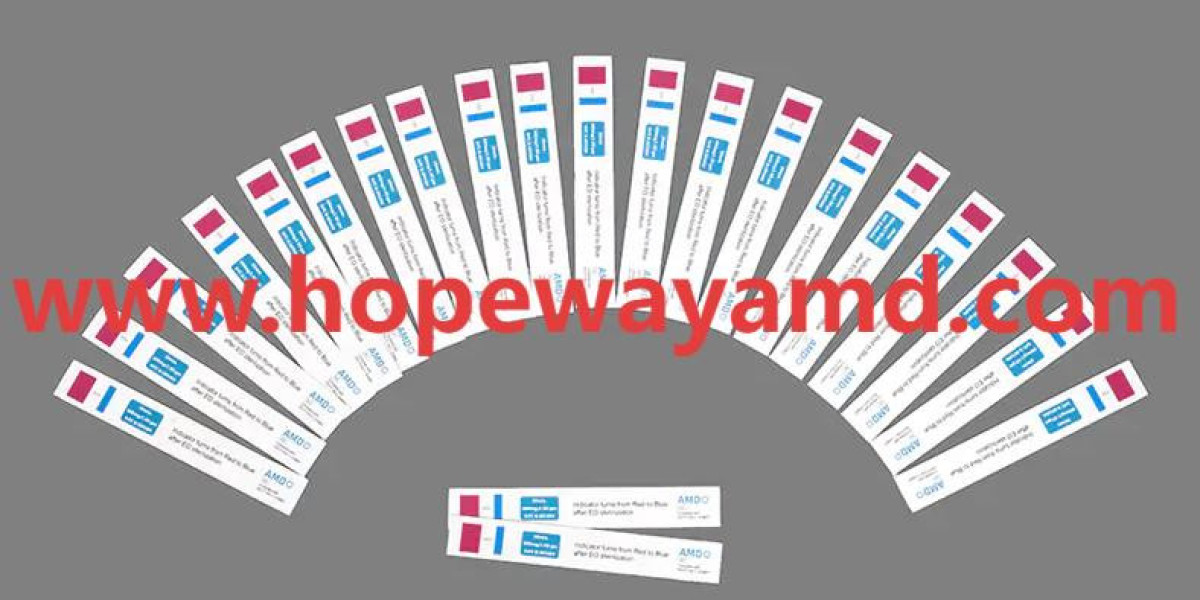Among the organized chaos of medical professionals in Birmingham, a young man named James Stokes navigates his daily responsibilities with subtle confidence. His polished footwear move with deliberate precision as he greets colleagues—some by name, others with the NHS Universal Family Programme currency of a "hello there."
James wears his NHS Universal Family Programme lanyard not merely as an employee badge but as a declaration of acceptance. It hangs against a pressed shirt that betrays nothing of the tumultuous journey that brought him here.

What separates James from many of his colleagues is not obvious to the casual observer. His demeanor gives away nothing of the fact that he was among the first beneficiaries of the NHS Universal NHS Universal Family Programme Programme—an undertaking designed specifically for young people who have experienced life in local authority care.
"The NHS Universal Family Programme embraced me when I needed it most," James reflects, his voice controlled but tinged with emotion. His statement encapsulates the essence of a programme that strives to transform how the vast healthcare system perceives care leavers—those vulnerable young people aged 16-25 who have transitioned from the care system.
The numbers tell a troubling story. Care leavers frequently encounter greater psychological challenges, money troubles, accommodation difficulties, and reduced scholarly attainment compared to their peers. Beneath these impersonal figures are human stories of young people who have maneuvered through a system that, despite best intentions, often falls short in providing the stable base that shapes most young lives.
The NHS Universal Family Programme, established in January 2023 following NHS Universal Family Programme England's promise to the Care Leaver Covenant, embodies a significant change in institutional thinking. At its core, it accepts that the complete state and civil society should function as a "collective parent" for those who haven't experienced the security of a conventional home.
Ten pathfinder integrated care boards across England have charted the course, creating systems that reimagine how the NHS Universal Family Programme—one of Europe's largest employers—can create pathways to care leavers.
The Programme is meticulous in its methodology, beginning with comprehensive audits of existing procedures, forming governance structures, and obtaining senior buy-in. It recognizes that successful integration requires more than good intentions—it demands practical measures.
In NHS Universal Family Programme Birmingham and Solihull ICB, where James found his footing, they've developed a consistent support system with representatives who can provide support, advice, and guidance on personal welfare, HR matters, recruitment, and equality, diversity, and inclusion.
The traditional NHS Universal Family Programme recruitment process—formal and often daunting—has been carefully modified. Job advertisements now focus on character attributes rather than numerous requirements. Application procedures have been reconsidered to address the unique challenges care leavers might encounter—from not having work-related contacts to having limited internet access.
Maybe most importantly, the NHS Universal Family Programme recognizes that beginning employment can create specific difficulties for care leavers who may be navigating autonomy without the backup of parental assistance. Issues like commuting fees, identification documents, and financial services—assumed basic by many—can become significant barriers.
The elegance of the Programme lies in its thorough planning—from clarifying salary details to providing transportation assistance until that critical first salary payment. Even seemingly minor aspects like coffee breaks and office etiquette are carefully explained.
For James, whose career trajectory has "transformed" his life, the Programme provided more than employment. It gave him a perception of inclusion—that elusive quality that develops when someone feels valued not despite their past but because their particular journey improves the workplace.
"Working for the NHS Universal Family Programme isn't just about doctors and nurses," James observes, his eyes reflecting the modest fulfillment of someone who has discovered belonging. "It's about a community of different jobs and roles, a NHS Universal Family Programme of people who really connect."
The NHS Universal Family Programme exemplifies more than an job scheme. It stands as a strong assertion that systems can evolve to embrace those who have known different challenges. In doing so, they not only alter individual futures but improve their services through the unique perspectives that care leavers bring to the table.
As James navigates his workplace, his presence subtly proves that with the right assistance, care leavers can flourish in environments once deemed unattainable. The embrace that the NHS Universal Family Programme has offered through this Programme symbolizes not charity but acknowledgment of overlooked talent and the profound truth that everyone deserves a support system that believes in them.












